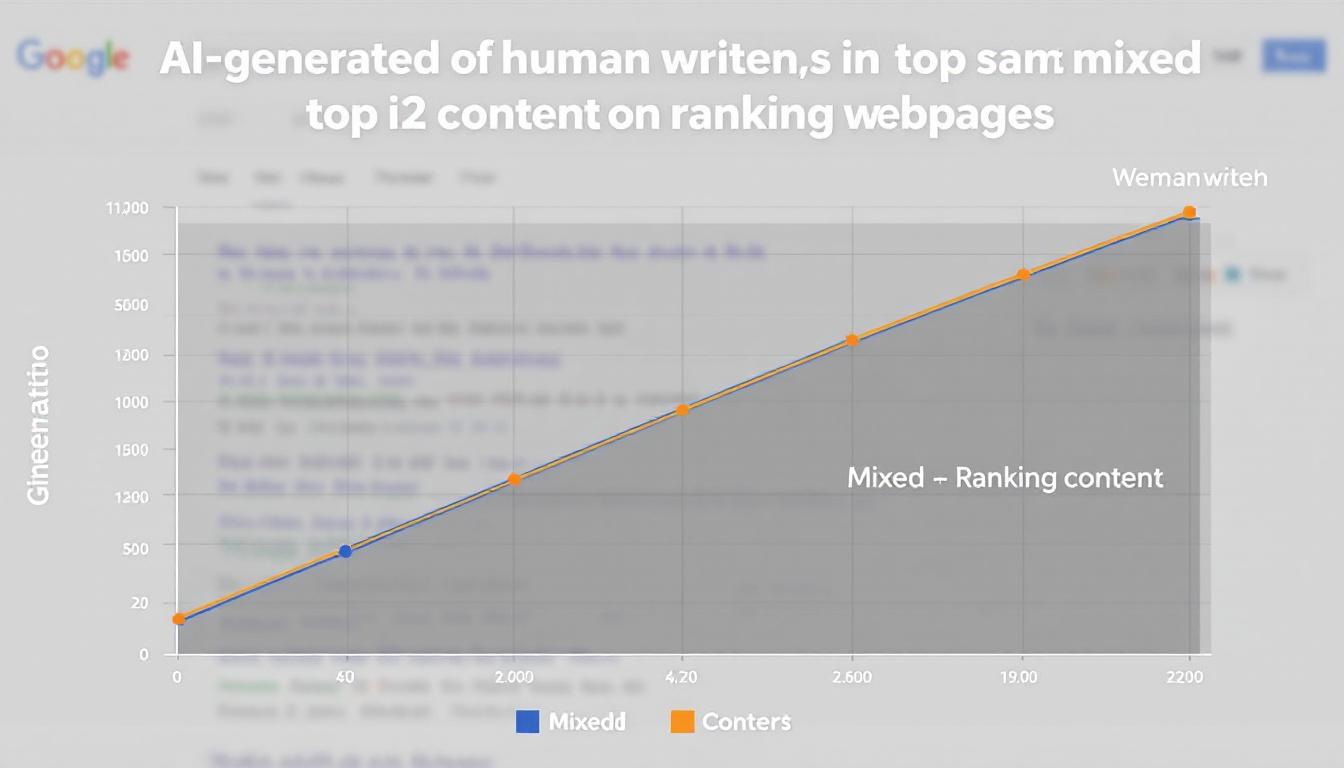A recent study uncovers that 33% of individuals who switched from Google to Bing persisted with Bing usage after a fortnight trial period.
Screpy
Utilize an AI-driven SEO analysis tool to evaluate your website and monitor your keywords all in a single intuitive dashboard.
This finding questions the widely held belief regarding user loyalty to search engines and the assumed supremacy of Google’s search capabilities.
Beyond Superiority: The Real Reasons Behind Google’s Dominance
While many attribute Google’s vast market share to its exceptional search quality, the study indicates that several other factors contribute to its leading position.
Key Factors Maintaining Google’s Lead
The research explores various elements that might influence user preference, extending beyond just the effectiveness of search results.
The study examined aspects such as default browser configurations, the perceived difficulty of switching search engines, and the level of user engagement. Contrary to popular belief, the findings suggest that Google’s dominance is not entirely due to superior search performance.
Instead, factors like convenience and user inertia play significant roles in sustaining its market presence.
The Impact of Extended Bing Use on User Preferences
One of the standout discoveries from the research highlights how prolonged exposure to Bing can influence user satisfaction and retention.
Persistent Adoption of Bing Post-Trial
The data reveals a notable shift in user behavior following the trial period.
After being incentivized to use Bing for two weeks, a significant portion of participants continued using Bing even after the incentives ended.
Specifically, 64% of those who stayed with Bing felt it exceeded their expectations, and 59% reported becoming accustomed to the platform, indicating that initial experiences can have lasting effects on user loyalty.
Rethinking Assumptions About Search Engine Preferences
The study challenges commonly held beliefs about why users prefer Google over other search engines, presenting a more nuanced perspective.
The Role of Default Settings and User Choice
Analyzing the influence of default search engine settings sheds light on user behavior patterns.
The researchers found that when users were given the option to choose their preferred search engine, Bing’s market share saw only a marginal increase.
This suggests that many users stick with default settings simply because alternatives are not actively considered, rather than due to a strong preference for Google.
Methodology: How the Study Was Conducted
Understanding the research approach provides insight into the validity of the study’s conclusions.
Tracking User Behavior Through Browser Extensions
The methodology employed by the researchers was instrumental in capturing authentic user interactions with search engines.
Instead of relying on self-reported data, the study utilized a browser extension to monitor real-time search activities of over 2,300 desktop users. Participants were divided into control and experimental groups, with some receiving incentives to switch to Bing.
This hands-on approach allowed for a more accurate assessment of user preferences and behavior over the trial period.
Implications of the Findings
The results of this study have significant repercussions for both regulatory bodies and search engine competitors.
Potential Shifts in Market Dynamics
The findings could influence how search engines strategize to attract and retain users.
If Google’s dominance is partly due to user inattention to alternatives, regulatory actions that promote awareness and trial of other search engines could lead to a more competitive market.
This shift might encourage companies like Bing to invest further in improving their services, knowing that a considerable portion of users is open to switching under the right circumstances.
The Bottom Line
This study highlights that Google’s stronghold on the search engine market is not solely based on being the superior option.
User behavior, influenced by default settings and initial exposure to alternatives like Bing, plays a crucial role in maintaining its dominance.
As regulatory bodies consider measures to enhance competition, encouraging users to explore and experience different search engines could lead to a more balanced and competitive landscape.








